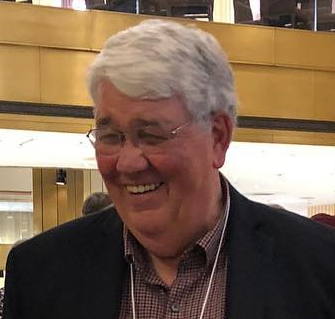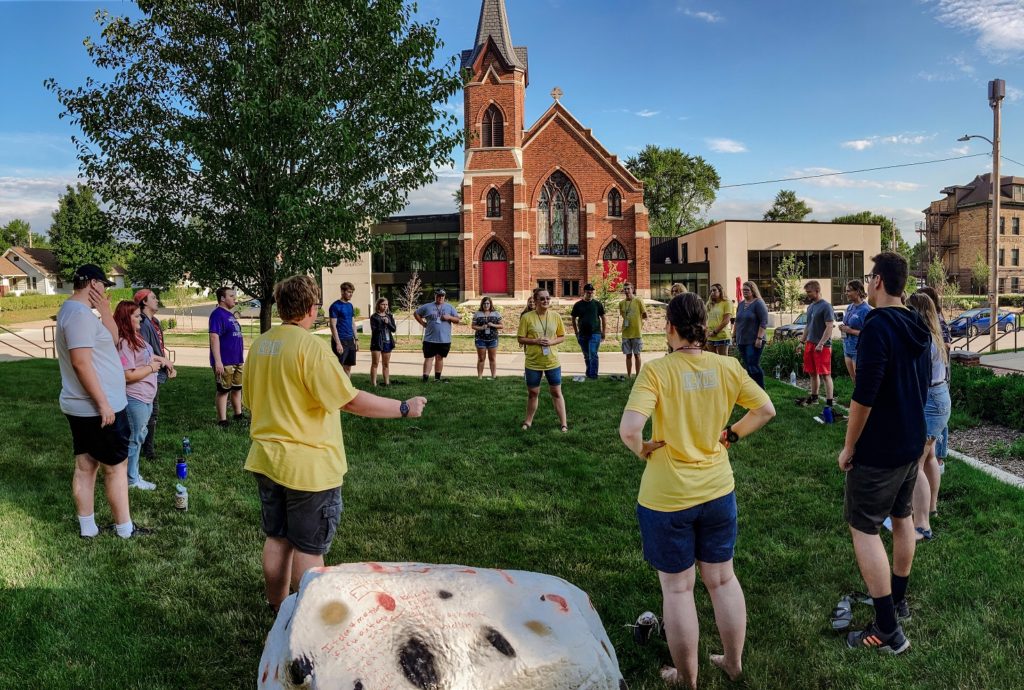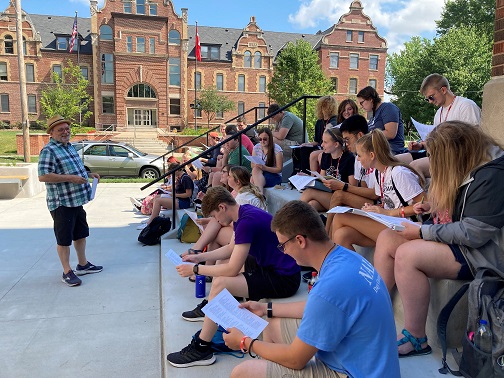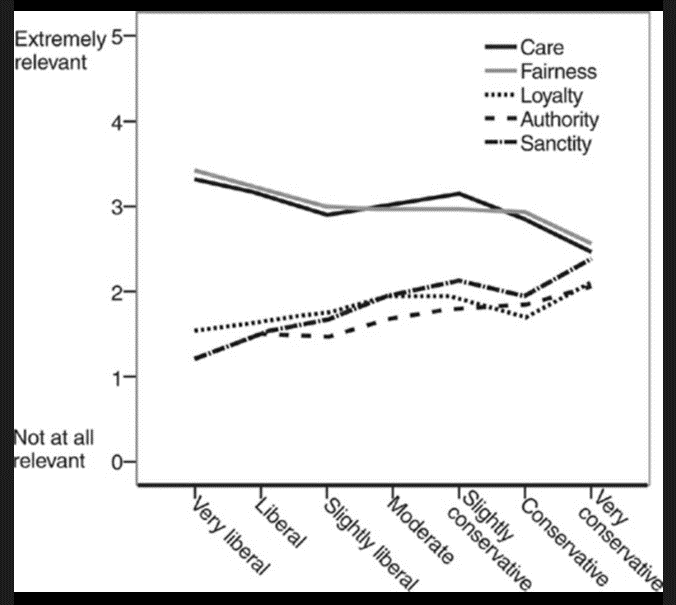Leaving the ELCA: Communion, Confession, and Constitutions

It started with Holy Communion. When people ask me to share my experience with leaving the ELCA, the story begins where questions of church fellowship must always begin: the altar.
Following the churchwide votes of 2009, people started using “impaired communion” more frequently to describe the ELCA’s situation. I particularly recall David Yeago using it to good effect. To commune is to share something in common, and what the Church shares is Christ. Not only the 2009 votes, but also the long trajectory of the ELCA’s doctrinal development, made it clear that differing Christs were confessed in the ELCA.
I remember a dedicated revisionist agreeing with me, already in 2003. “Yes,” he said, “that would be the classical Lutheran understanding of our situation.” Communion could not proceed as usual. I realize that many people, including many conservatives, might disagree with that diagnosis. But that’s where my experience began: the simple recognition that “impaired communion” impairs Communion. It is there, at the altar, that impaired communion is either repaired, or it is not.
Our first bishop under this new circumstance didn’t like our perspective, especially when we informed him that we would no longer host the Supper at conference or synodical events, but he did not press us to change. The second bishop was far less sympathetic. Here I should pause and note that we’ve already encountered two key points about leaving the ELCA. Having led two congregations out of the ELCA, and counseled and accompanied several others, I’ve seen these points prove valuable time and again.
First, start by asking what your dissatisfaction with the ELCA has to do with doctrine, if anything at all—determine if you disagree on the fundamental question of “Who do you say that I am?”—and distinguish those concerns from other, lesser ones (like, “We’re willing to bet we can get a pastor faster and cheaper somehow else” [unfavorable odds, honestly]). Then, if you have a doctrinal disagreement, ask yourself how Jesus repairs that sort of thing. Is it at the conference table, debating constitutions, or at His table, communing or not communing?
At the very least, that sort of reflection will help clarify your thought. Constitutions are works; Communion is grace. Are your problems with the ELCA work problems or grace problems? If grace is being misunderstood, then the place to begin the remedy (and, potentially, to begin changes in fellowship) is where grace is clarified. Trying to address a grace problem through a works solution (i.e., trusting a constitutional rearrangement alone) won’t get at it, ever, because the problem is not disagreement about your works, but about the Lord’s gifts.
Fumbling this distinction continues to hound the various departure movements, I would suggest. Holy Communion is where Jesus forgives sins. So, if we now disagree over what sins He forgives, how He forgives them, or who He even is, then we also disagree about what He does at His altar. Burying that simple problem under layers of constitutional finesse will not clarify the situation to you or to the people whom you serve—and when I say, “the people whom you serve,” I include representatives of your synod, which brings me to the second point.
One bishop is not like another. Like you and me, each is his or her own little bundle of insecurities, aspirations, and ideas half finished. If you think it’s hard to be you, being you as an ELCA bishop would be ten times worse for everyone. I don’t say so out of any animus towards those who hold the office. We should sympathize with them. The office as presently constituted is a nightmare, as if someone had found the corpse of a thirteenth-century bishop of Bangor and used an electrical storm to try combining it with Grok, only to find too much personality remained. The point is: the bishops need your help.
The bishops and their representatives belong to a much larger organization that tries to solve grace problems with work solutions. “Synod means walking together,” apparently, and each churchwide assembly tries to lock the step, but the differences only widen because they’re trying to heal a flesh wound with a welding torch. Still, that’s the solution they have, and so the bishops and their representatives will come to you by way of constitution, not Communion. If your beef is a grace problem, you will need to help them face it, not for the sake of justice or something like it (you’re a Christian, so there’s no room for revenge here), but for the sake of their own souls.
They will not appreciate this idea. It won’t be easy. I call it “playing catch with someone who won’t throw back.” Here’s how it went for me:
Bishop: “Well, Steve, thank very much for meeting with us today. I appreciate that your time is valuable. Why don’t we begin with you explaining to me what your concerns are?” [this starting point can be a trap, but that’s another article]
Me: [Explains my concerns.]
Bishop: [silence]
Me: [shrugs eyebrows]
Bishop: I’m not going to engage you on that topic right now.
Different words could be used. Sometimes no words would be used. There would simply be a long stare, followed by a deep breath and a change of subject. At other times, there may be honeyed expressions of sympathy followed by continued denials: “That is not the problem.” Or as one bishop put it to me, “I don’t accept what you’re saying, because I never learned that.” He said so years ago, and it’s not a horrible answer in some instances. But it is rather like being asked to play catch, and in good faith tossing the first pitch, only to watch the other person catch the ball, drop it in a bucket, and look back at you.
They won’t engage you on theology. They don’t think it’s a grace problem.
So if you have a confessional point you want to make, you will need both to confess the truth and to create a situation in which they slow down long enough to a) hear it and b) consider their own confession in light of it. At its best, the process of leaving the ELCA is an opportunity for everyone to walk away knowing more clearly who they are and why. There are some synodical leaders who understand this, and if you should encounter some, you’ll feel the difference and be thankful for it. Either way, remember that what you’re doing is for their sake, not yours, since you are a Christian. The goal isn’t for you to win, nor is it only for the congregation to leave, but also for the bishop and their representatives to grow in the faith. They will not necessarily look at it that way—to many of them, you are the problem, and you will be fixed constitutionally—and so you must help them see it.
You’ll do so by starting with Communion, not the constitution.
With all that said, there is one particular way that the ELCA constitutions perform a strangely gracious function, though I’ve rarely heard anyone acknowledge it. By including in its governing documents a method for leaving the ELCA, the ELCA acknowledges that leaving its fellowship is both permissible and potentially good. Constitutions are works and seek to govern works. By including among their works the ability to leave the ELCA, the ELCA constitutions confess that it’s a potentially good work to do so. If you are part of a congregation considering leaving the ELCA, please make that point to your congregation: the ELCA believes it’s okay to do this.
You’d be forgiven for not realizing it. I do know one bishop who acknowledged that leaving can be a good work, and she didn’t even mean it in a passive aggressive way. The acknowledgement is rare! But no matter. It’s there in print, and no church should pass into law something it thinks is inherently sinful. If it is—if a church thinks that leaving is inherently wrong—then it needs to take the process right off the page. But if it stays on the page, and so far it has, then every congregation needs to know that even the ELCA thinks this process is a totally okay thing. Sure, you’ll sin along the way—watch for it; repent of it—but so it goes for every good work. Abusus non tollit usum: the abuse of a thing does not nullify its use.
Don’t look at the process as your enemy. It’s a friend if you make it so. “To the pure all things are pure” (Titus 1:15). You agreed to that process by virtue of being in the ELCA, so follow it. That’s part of love. At the same time, you can always read the process closely. To create a circumstance where you may press the confessional point and help everyone clarify who they are in the light of grace, you may find unexpected, entirely permissible ways to fulfill and participate in the process outlined. These unexpected ways will surprise others, but just so, they may create, for the Gospel, a forum.
The cool kids are now calling that sort of thing “interruptive,” and they make it part of their mission statements. I’d suggest that you just call it “all in day’s work” and not think very much about it. It can be done politely and kindly enough, even joyfully, the way you’d perform a Baptism or eat soup at a soup supper (yes, Baptisms are very different from soup-eating, but you doing the Baptism, and you sitting with your congregation and eating the soup, are not). Other, cooler kids will have even more important things for you to consider than what I’ve written here, but this is what I’ve got: start (and end) with Communion, be prepared to play one-sided catch, work hard to create a situation where they at least catch it, and know that the ELCA totally thinks this is an okay thing to do.
Otherwise, it wouldn’t be on the page.
























